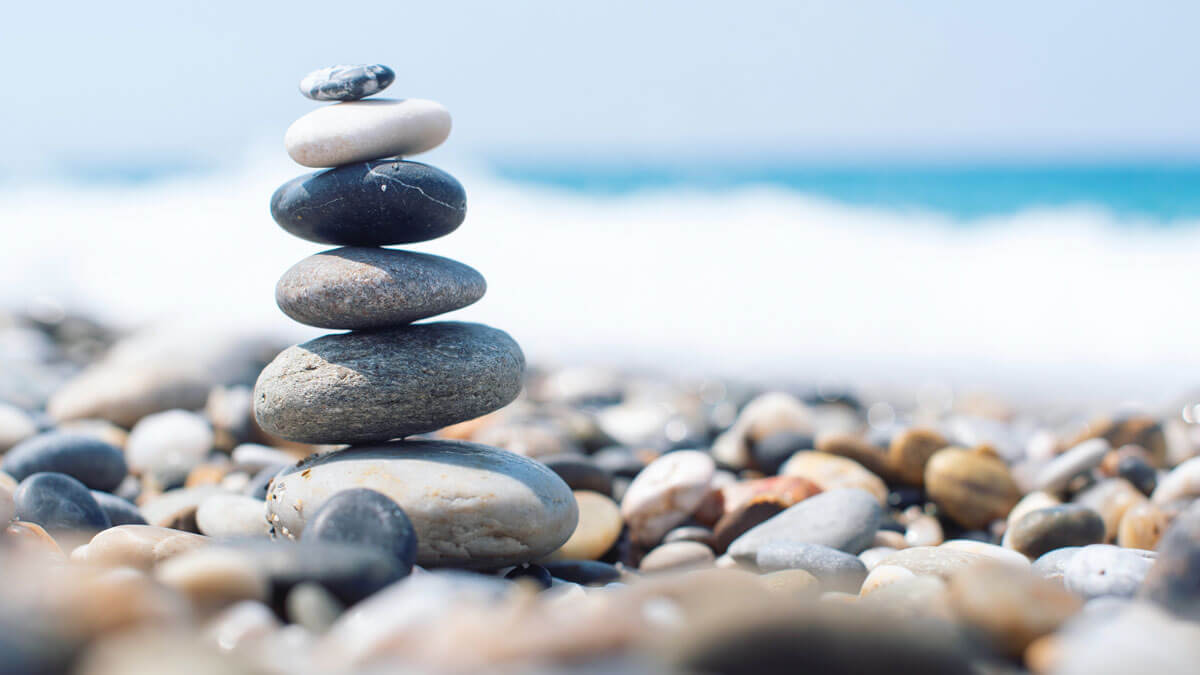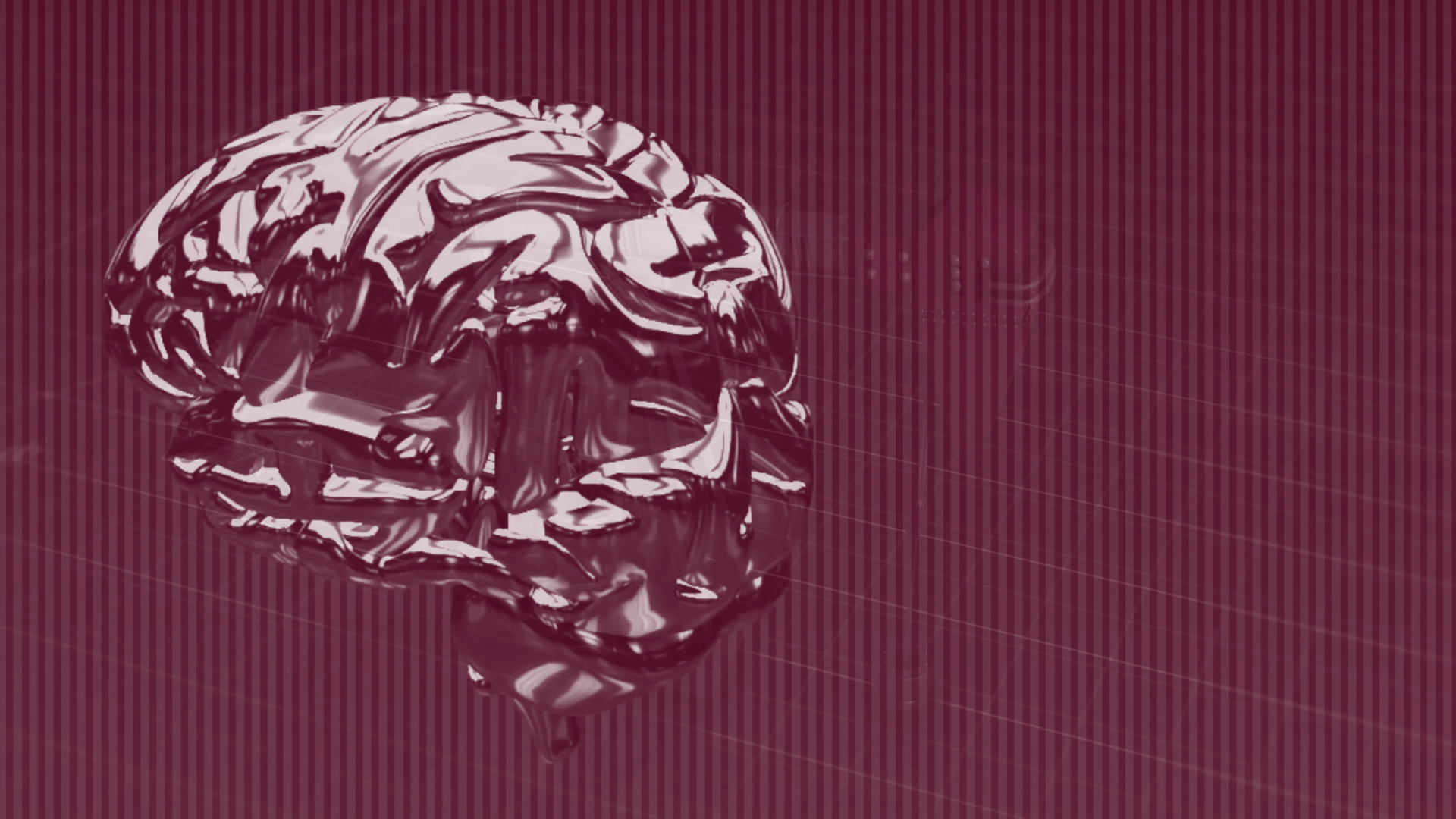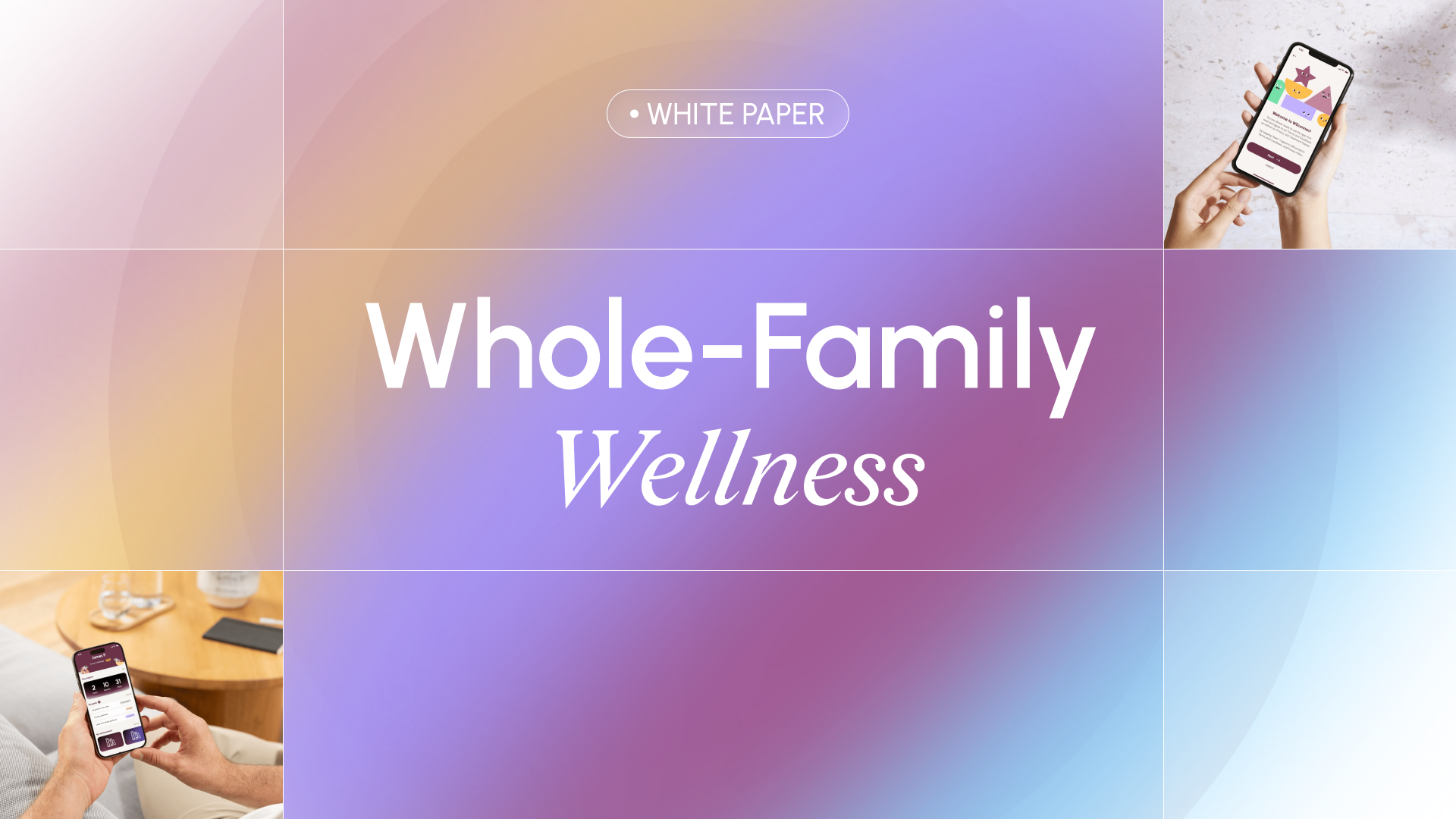Growing up, “mindful” was not a word that would describe me, at least not in the sense we think of it today. I was the nervous child, anxiously worrying about every little thing. I anticipated every gloomy scenario, and often worried about a solution I couldn’t think of. I was an analytical thinker, an introvert with oh-so-many hang ups. I was serious and defensively sensitive, and was often told to lighten up.
Throughout my adolescence and early adulthood, I took a liking to alternative medicine. Yoga and meditation interested me, so I investigated the connection between the body and mind. I pored over magazines like Whole Living or Body and Soul to learn about deep breathing and ways to improve my mental and spiritual energy. I hoped that the magazine would show me how to feel like a valuable and worthy human being, but I kept wondering: How do I do this if I don’t have a spirit? I wondered whether I had one at all, or if I could ever feel whole.
After reading an article on Ayurveda (one of the world's oldest holistic healing systems), I wondered how I could incorporate something like this into my ordinary suburban life in the twenty-first century. If I drank hot water every morning at 5 a.m. like the author did, could I be healthy and happy? I was searching for meaning as I absorbed the words on those glossy pages; I was looking for answers to become more mindful, to help calm my overactive mind and bring some—any—sense of peace and serenity to my chaotic life.
When I entered recovery in 2016, I really dove into the study of mindfulness and it became a year of awakenings for me. I would even venture to say that 2016 is when my spirit became fully awake.
Recently, I had the opportunity to take a course called Mindfulness in Recovery taught by a man named John Bruna. I learned so many valuable lessons during this course, but perhaps the most important was that I need to embrace my values to advance in my practice of mindfulness.
Values. It sounded like a wishy-washy new age concept—one for enlightened people, not for people like me. Can a normal person have values? Values are something I thought a company might embody or a charity would have as a driving purpose, not a regular person. Thanks to the ideas presented in the course, I learned that people have the power to choose their own values, and that living a life in alignment with my personal values helps to create a sense of serenity and peace. For so long, I craved a meaningful life; it was only when I embraced my recovery that I realized that I, too, deserve peace. Everyone does.
As part of an exercise in this course, I was to identify and clarify my personal values and explore ways in which I can bring them to my daily life. I carefully studied the pages and pages of values listed in the back of the book, all organized alphabetically in a three-column format. I studied the list and tried to see ME in any of the words.
Balance? No, not really. Holiness? Definitely not. Vitality? Sometimes...
I realized that it was very hard for me to see any good things in my life and in myself. It was challenging. So instead of trying to see myself in the words in the list, I chose the values that I wanted to see in my life, as well as values that I wanted to see in the world.
I ended up with the following list of values, which represented what I wanted to see in the most beautiful, perfect version of myself and my life.
- Acceptance
- Consistency
- Diversity
- Gratitude
- Simplicity
- Stability
The next exercise was to explore how I would feel if I intentionally acted in ways that matched these values. How would I feel if I treated everyone in an accepting, simple, and grateful manner? How would I feel if I embraced diversity and consistency in my everyday thoughts and life?
Well, I would feel amazing!
But being mindful isn’t just feeling warm and fuzzy all the time—being mindful also means embracing my emotions when I’m not feeling amazing.
Another exercise asks us to imagine how we would feel if we lived a life in direct opposition to our values. So instead of acting grateful, I would not appreciate anything I had, such as my health, relationships, or job. Instead of thinking simply, I would overanalyze everything and take things personally. How would I feel then?
Well, not too great.
The exercise showed me how important it is to actively choose and identify the values by which I want to live, and to remember that my life can alter depending on whether I live in alignment with or in direct contradiction to those values.
I am by no means an expert in mindfulness. I am a middle-aged Caucasian woman raised in the New Jersey suburbs who entered recovery from addiction 5 years ago. At various times throughout my four decades, I’ve felt like a wayward traveler through someone else’s life. I was always searching for meaning and felt frustrated when I never found it. Slowly, I started to embrace a mindful life, and I am now beginning to make sense of my heart, mind, and soul. My journey to a meaningful life dictated that I had to look at what was important to me and how I could embrace those attributes to be the change I wanted to see in my life and the world around me.
Today, I feel like my life has meaning. I couldn’t say that a few years ago. I realize now that I have within me all the resources available to improve my life and become the person I want to be. I have begun to discover my worthiness and value as a human being, and look forward to the journey ahead.
Namaste.
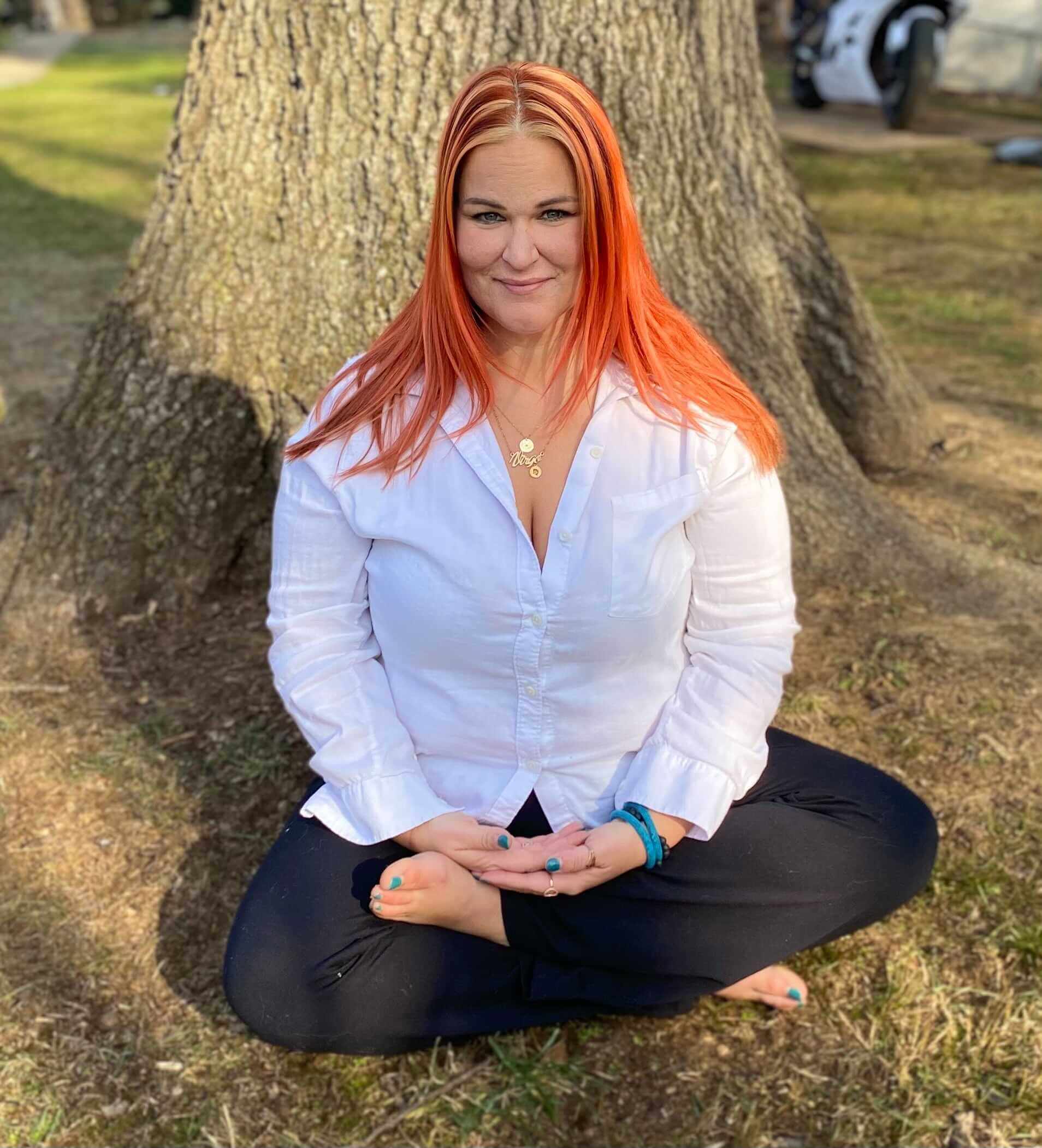
Emphasize your product's unique features or benefits to differentiate it from competitors
In nec dictum adipiscing pharetra enim etiam scelerisque dolor purus ipsum egestas cursus vulputate arcu egestas ut eu sed mollis consectetur mattis pharetra curabitur et maecenas in mattis fames consectetur ipsum quis risus mauris aliquam ornare nisl purus at ipsum nulla accumsan consectetur vestibulum suspendisse aliquam condimentum scelerisque lacinia pellentesque vestibulum condimentum turpis ligula pharetra dictum sapien facilisis sapien at sagittis et cursus congue.
- Pharetra curabitur et maecenas in mattis fames consectetur ipsum quis risus.
- Justo urna nisi auctor consequat consectetur dolor lectus blandit.
- Eget egestas volutpat lacinia vestibulum vitae mattis hendrerit.
- Ornare elit odio tellus orci bibendum dictum id sem congue enim amet diam.
Incorporate statistics or specific numbers to highlight the effectiveness or popularity of your offering
Convallis pellentesque ullamcorper sapien sed tristique fermentum proin amet quam tincidunt feugiat vitae neque quisque odio ut pellentesque ac mauris eget lectus. Pretium arcu turpis lacus sapien sit at eu sapien duis magna nunc nibh nam non ut nibh ultrices ultrices elementum egestas enim nisl sed cursus pellentesque sit dignissim enim euismod sit et convallis sed pelis viverra quam at nisl sit pharetra enim nisl nec vestibulum posuere in volutpat sed blandit neque risus.
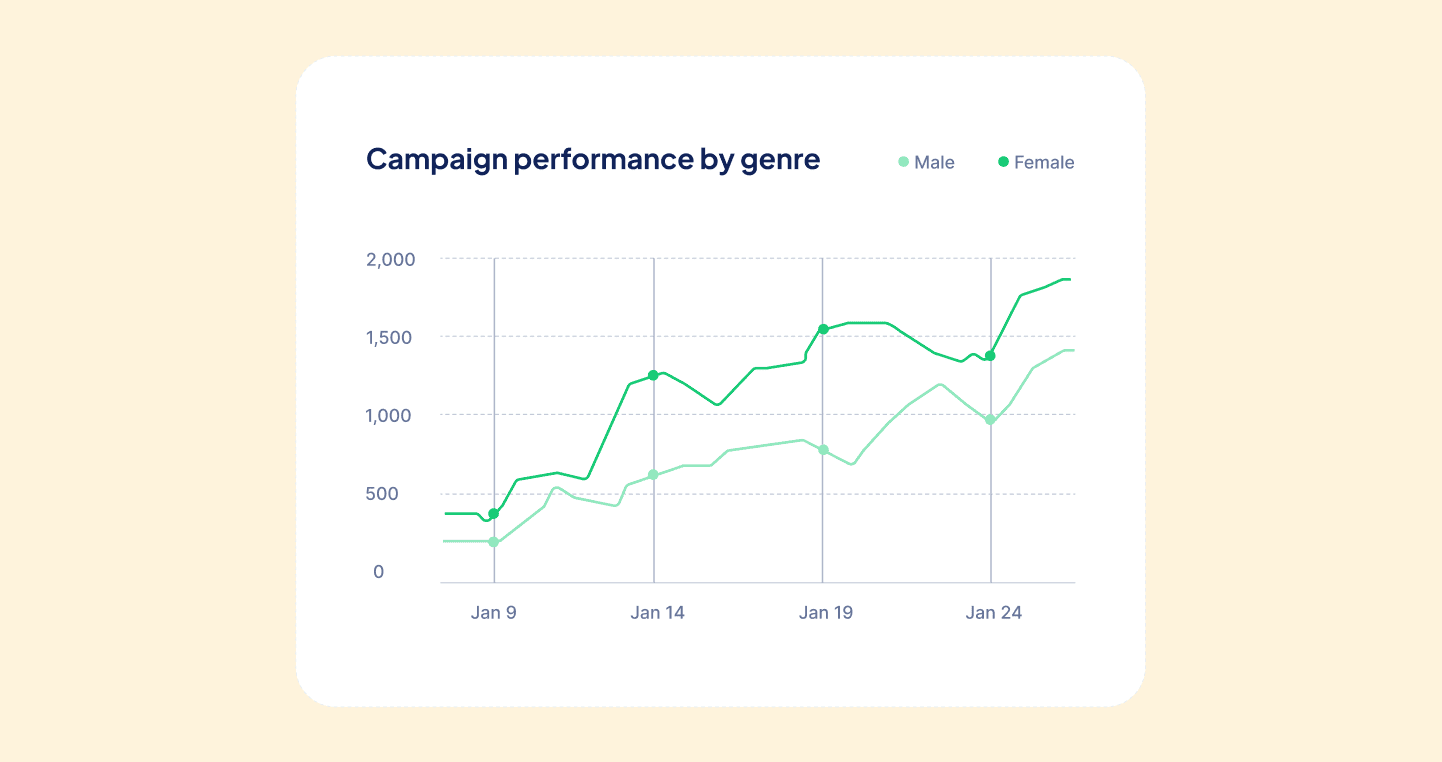
Use time-sensitive language to encourage immediate action, such as "Limited Time Offer
Feugiat vitae neque quisque odio ut pellentesque ac mauris eget lectus. Pretium arcu turpis lacus sapien sit at eu sapien duis magna nunc nibh nam non ut nibh ultrices ultrices elementum egestas enim nisl sed cursus pellentesque sit dignissim enim euismod sit et convallis sed pelis viverra quam at nisl sit pharetra enim nisl nec vestibulum posuere in volutpat sed blandit neque risus.
- Pharetra curabitur et maecenas in mattis fames consectetur ipsum quis risus.
- Justo urna nisi auctor consequat consectetur dolor lectus blandit.
- Eget egestas volutpat lacinia vestibulum vitae mattis hendrerit.
- Ornare elit odio tellus orci bibendum dictum id sem congue enim amet diam.
Address customer pain points directly by showing how your product solves their problems
Feugiat vitae neque quisque odio ut pellentesque ac mauris eget lectus. Pretium arcu turpis lacus sapien sit at eu sapien duis magna nunc nibh nam non ut nibh ultrices ultrices elementum egestas enim nisl sed cursus pellentesque sit dignissim enim euismod sit et convallis sed pelis viverra quam at nisl sit pharetra enim nisl nec vestibulum posuere in volutpat sed blandit neque risus.
Vel etiam vel amet aenean eget in habitasse nunc duis tellus sem turpis risus aliquam ac volutpat tellus eu faucibus ullamcorper.
Tailor titles to your ideal customer segment using phrases like "Designed for Busy Professionals
Sed pretium id nibh id sit felis vitae volutpat volutpat adipiscing at sodales neque lectus mi phasellus commodo at elit suspendisse ornare faucibus lectus purus viverra in nec aliquet commodo et sed sed nisi tempor mi pellentesque arcu viverra pretium duis enim vulputate dignissim etiam ultrices vitae neque urna proin nibh diam turpis augue lacus.
%202.svg)
